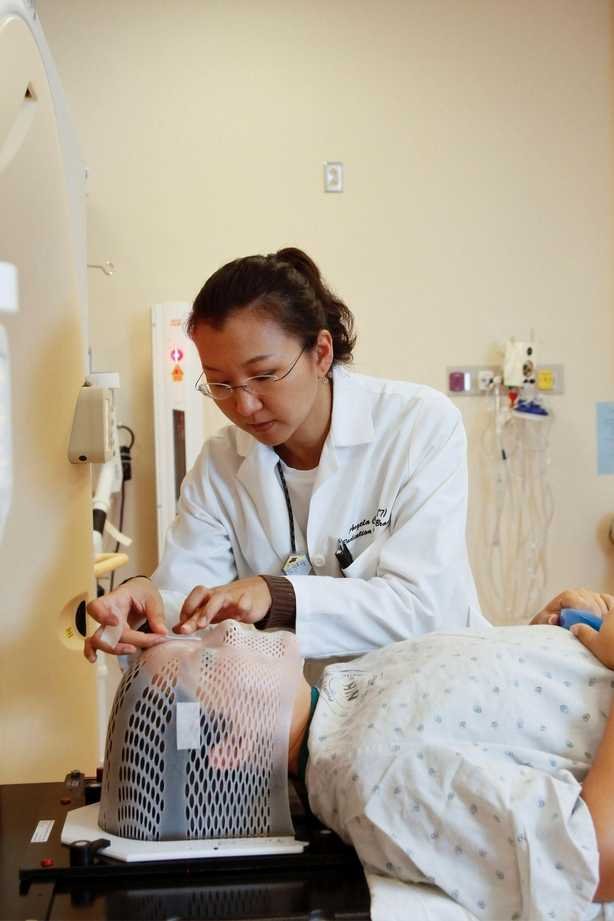Things to remember in internships during B.Sc Nursing
Internships are a vital part of any industry. Not only do they provide you with first-hand job experience but they also equip you with the skill set required to kick-start your journey in the industry. In the field of nursing, internships become all the more significant as they prepare you to tackle real-world situations and better deal with the patients at your job. Here are some things you must keep in mind while pursuing internships during your B.Sc nursing course.
Experience and Education Go Hand-in-Hand
Many nursing students say they wish they could go back in time and gain some experience before starting nursing school. Working as a certified nurse assistant or an emergency medical technician can equip a future nursing student with basic information and help students develop connections that can help them get an advantage after graduation.
A lack of hospital experience does not have to prevent you from obtaining your B.Sc Volunteers and interns are used by numerous departments and offices to help improve the patient experience. More information and methods to become involved may be available from your teachers.
Don’t Be Afraid to Ask Questions
The knowledge you acquire frequently builds on preceding concepts—think of it as the foundation of a house. If you try to build on a shaky foundation, the bricks you lay on top will fall apart. If you can't accurately insert a needle, for example, you'll have trouble putting in an IV line.
To guarantee that the complex information makes sense, make sure you have a thorough understanding of tasks and concepts when you face them. Consider forming virtual or in-person study groups with your peers to quiz each other on the subject and assist each other learn, or schedule time with your lecturers to discuss the material and any issues you have. You don't have to get your degree alone; there's an entire community behind you who wants to see you succeed.
Talk to Senior Nursing Students
Senior nursing students are an excellent source of information. If your school does not assign you a nursing student mentor, attempt to identify someone who has taken the course before. They can inform you about a professor's teaching style, recommend clinical locations, and even pass on their textbooks or study notes.
Volunteer to mentor someone or assist new students on their adventures once you graduate. Not only will your support be invaluable, but you could learn something yourself. You may never truly comprehend an idea unless you can explain it to another person.
Gather Glowing References
Referrals are the lasting reward of completing an internship. Your seniors may recommend you for future job opportunities or graduate programs if you impress them. You are more likely to succeed and impress your supervisors if you take your work seriously.
Add New Skills to Your Resume
Despite losing contact with your fellow interns and supervisors over time, you will not lose the skills you gained during your internship. While you may have had an excellent university program, you weren't likely to have learned all of the latest techniques and standards for your field.
While you will acquire many valuable skills as an intern, focus on the person who has the job you want. As an intern, your goal is to learn and advance, so don't be afraid to plan ahead. You shouldn't ignore your current duties, but you should be looking for skills that can help you in your next role.
Adopt Smart Study Habits
Several nursing students believe that they can learn simply by listening to their assigned lectures, but they will lose a lot of the information they're given. You should familiarize yourself with the key points and chapter outlines of each lecture beforehand so you are familiar with the material.
Analyze the information you've learned for 30 to 60 minutes after the lecture. If you procrastinate, you will retain less information. Nursing school can be difficult at times, but with the right attitude and this advice, you can earn your degree without much fuss.




















